Garden Fertilizer
Organic Compost is Best
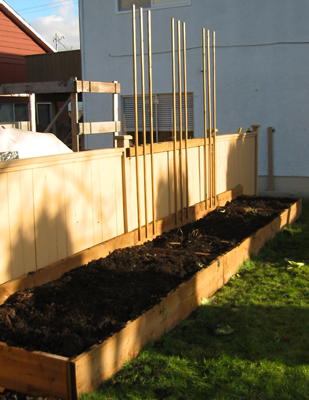
Garden Fertilizer .... food for us vegetables.
Always dress for success ....
.... the vegetable garden soil that is !
Then we are able to grow and feed our gardener.
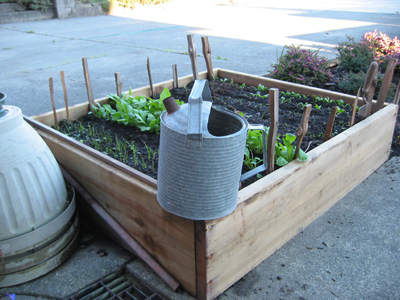
Build the soil first.
then amend the soil ...
... before planting
... during vegetable plant growth
... after the growing vegetables are mature and harvested
All this happens in a home vegetable garden, container garden or when raised bed gardening
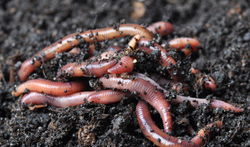
Garden soil building is an on going process.
.... In a garden plot or a raised garden bed the earth under should be dug deeply.
.... The garden soil should be a combination of clay, sand, silt and organic matter
Solids can affect water retention and drainage.
.... Organic matter allows aeration, while holding moisture and essential nutrients
Loamy soil is ideal.
.... Remember the soil building process ...
... will help the zillions of living organisms in the soil do their work.
Give them product to work with ... organic compost !

Soil requirements differ ....
.... for backyard garden plots .. container vegetable gardens .. and raised garden beds.
.... In backyard garden plots the garden soil is already there so dig, build and test, then fertilize .
.... Soil from the backyard garden is not desirable for growing vegetables in containers
It is heavy so water may not penetrate to the vegetable plant roots.
Use a potting soil mix when container gardening .... the soil properties are known.
.... Raised bed gardening soil is prepared by the gardener.
Mix good topsoil and compost then test,
adding the recommended Organic Garden Fertilizer
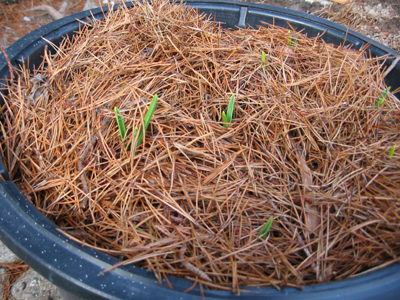
Some say ...
... Test The Soil ....
... a soil testing lab or a soil testing kit will tell the story.
What vegetable garden soil amendment is required ...
... for balanced vegetable plant nutrition in our gardens?
Test!
Easy for the gardener to say ... we vegetables have never seen him have the soil tested !
We have never seen the garden soil study for the test either !
He says the ultimate garden soil test is ...
... the growing vegetables.
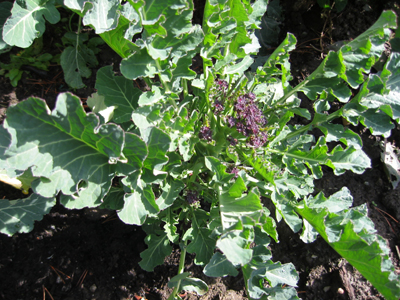
Most backyard vegetable gardeners rely on experience ...
... while respecting the science of soil building.
The proof is always in the pudding.
When in doubt ... more organic compost.
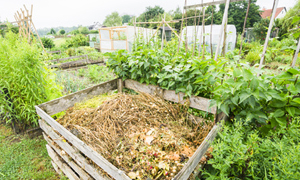
So lots of goodies are added to the vegetable garden soil.
Our gardener says ...
... if the soil is grey or brown there is more building to do.......
... When the soil is black all is ready for planting and successful vegetable crops
... The cheapest way of adding organic matter is from your compost pile.
... Cover crops worked into the soil provides great and natural organics.
... Crop rotation may be difficult when small space gardening.
... so the addition of cover crops ...
... worked into the soil may boost the soil so crop rotation is not a concern.
... In a garden plot this soil building process may take a number of years
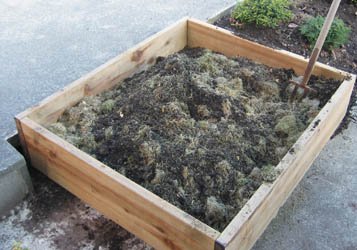
In the home vegetable garden the gardener controls the soil properties.
- He builds immediately by mixing the soil components himself.
- The containers and raised beds are then filled with his mixture.
- Annually he will top dress with a complete commercial organic fertilizer.
- Side dressing during the growing season with the same organic fertilizer
- Always watering after fertilizing.
- Water transports the goodies to the roots where it is absorbed into the vegetable plant.
- Vegetable plants eat the fertilizer, depleting the soil of plant food.
- Intensive gardening uses up nutrients quicker so ongoing feeding is needed.
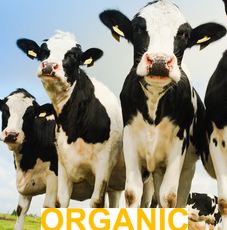
There are Two Types of Fertilizer Organic and Not Organic
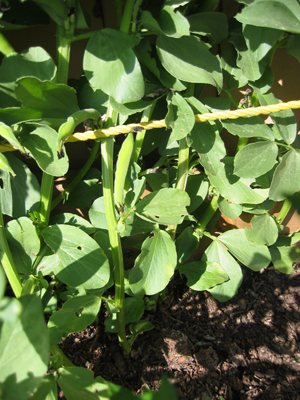
.... Synthetic inorganic where the chemicals pass through the soil to the vegetable plant
usually a fast release leaving nothing behind for the soil building process
.... Organic ...
... decaying living organisms which provide a slow release of nutrients while building the soil
Both types of vegetable garden fertilizer can be manufactured to some degree.
There are pro and cons to both organic fertilizer and inorganic.
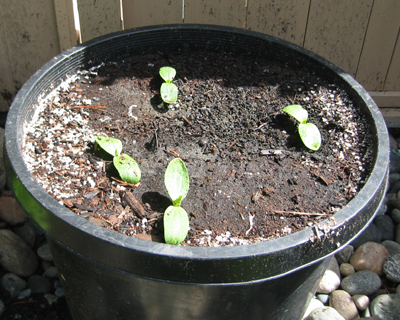
We vegetable plants know ....
.... different types of soil are required
for a backyard garden plot, container garden or raised beds.
... Fertilizing and watering needs differ as well.
... Container gardens need to be watered more often and more so when fertilizer is applied.
... Spread the fertilizing process out over a longer time period when container vegetable gardening
Same amount of fertilizer in smaller doses
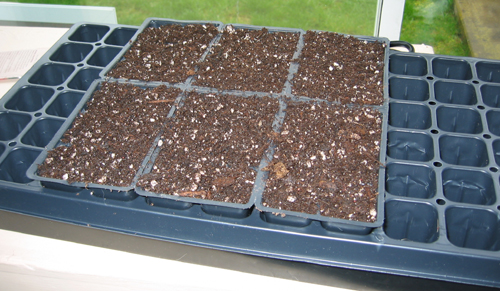
Garden vegetables are not able to eat out.
So, our gardener builds the vegetable garden soil well
... never too much organic compost.
He amends the soil with vegetable garden fertilizer ...
... according to our hunger and how much gets rained away.
The gardener feeds us, we grow, he harvests us then eats us!
Miss something? Go back to the top of Garden Fertilizer page.
More articles about Garden Fertilizer that may interest you
raised bed gardening › vegetable garden soil › garden fertilizer
